Political, socioeconomic outcome of 2021 for Iran
A new face was put to Iran after its June 18 presidential elections. Results were anticipated in 2019 and materialized in 2021. Participation was just under 50 percent but over 61 percent of the votes were cast for Ebrahim Raeisi.
Now with every new President come new dilemmas, decisions and results.
Ebrahim Raeisi inherited an important agenda; the Vienna talks to remove US imposed sanction sanctions on Iran, as well as a health crisis with the COVID-19 pandemic evolving into many different strains.
The country’s media and IT apparatus is also blocked or taken offline every so often.
For a look at elections and the other three issues the country faces, we shall do a chronological review of what came to pass in 2021.
The recent Elections in Iran were subject to a great deal of debate, as they have been for the past decade.
Some Iranians had said that they were not a 100 percent sure whether they would participate in the Elections or not. This was mainly due to suffering what they considered to be unjustified economic hardship.
There has been a gray spectrum: people who said they were not going to vote, but at the last moment went to the ballots. What I’m saying is that it could be regarded as a component of democracy in the country, because we have a wide range of different thoughts and ideologies in the country.
Since our nation isn’t ruled by a totalitarian system, as some falsely advertise against the Islamic Republic of Iran, people have the right to vote, we’ve been given this right.
No one went to the ballots [sic] at knifepoint. We must pay attention to that.
Mohammadreza Shojaian, Journalist, Jam-e-Jam daily
How did Ebrahim Raeisi manage to win the presidential election?
Mr. Raeisi was distinct among the 7 presidential candidates. One can say that he had a clear advantage over the group. That’s because the two Reformist candidates, Mr. MehraliZadeh and Hemmati, weren’t even endorsed by the Reformists.
This caused them not to have any motivation to engage in the competition or go to the polls.
Or, for example, Mr. Hemmati was considered a low-tier candidate of the Executives of Construction Party. Among the Principlists also Mr. Ghazizadeh, Zakani, and Jalili were closer to a possible presidency.
But Mr. Raeisi was head and shoulders above them in terms of his experience and background.
Hossein Naghavi, Former Member of Parliament
This 13th presidential election of Iran was held simultaneously with the 6th City and Village Council elections, midterm elections for the 5th Assembly of Experts, and midterm elections for the 11th Parliament.
City and Village Council elections were held with electronic ballot boxes in the capitals of 24 provinces, not in Tehran.
The simple fact is that we didn’t have the excitement we witnessed in the elections of 2017, 2013, 2005, or 1997. The excitement in those elections was tremendous. The turnout was over 70-80 percent.
But this was a good election in its own right. About 48-percent of the eligible voters participated, which isn’t unacceptable compared to other democratic systems.
Although the elections are always filled with excitement and have 70-80 percent turnouts, 48 percent isn’t too satisfactory for our people. But it is a good figure compared to other democratic systems.
Hossein Naghavi, Former Member of Parliament
Mr Raeisi said he wanted to be leader to the whole nation, left or right, young or old, while fighting economic corruption, how realistic were his presidential campaign slogans?
You know he spent all his life fighting corruption; that was the main theme of his election campaign. So he would want to do some of the promises he made [sic].
Clerics like him come from that liberation theology school of thought that started the Islamic revolution. Clerics that believe they should have a role in society, they need to take roles, have social programs, and stuff [sic].
Foad Izadi, Professor, Faculty of World Studies, University of Tehran
The past three years have been an unmatched time in Iranian politics, a Principlists atmosphere started taking over the Iranian political sphere.
Although Mr Raeisi ran for President as an independent candidate, he had been appointed chief of Judiciary as a Principlist in 2019.
A Parliamentary majority was achieved by the Principlists in 2020 and Mr Raeisi moved to the Executive Branch of government in 2021.
The judiciary is also headed by a well-known Principlist figure, Gholamhossein Ejeyi.
When it comes to important national-interest decisions, and whether to compromise or not to compromise, “methods and people may change, but the goals and the framework are fixed”, senior figures in the system concur.
President Raeisi did pledge to get international sanctions lifted just as he pledged to improve ties with neighboring countries.
Raeisi, being a Principlist, was expected to take a firmer stance in determining US good faith and actual sanctions relief. The sanctions removal Vienna talks began in April and they are still ongoing with short intermissions.
Addressing the Supreme Council of the Ministry of Defense of the Russian Federation, Russian President Vladimir Putin made some very practical and important remarks.
He said the “Americans easily withdraw from any deal without providing any explanation, answer, or reasoning for their moves, that is why we demand legally binding commitments and guarantees from the US that the current expansion of NATO along our Eastern borders doesn’t continue”.
When the Russian President believes that the US isn’t committed to any deal and easily exits them, it shows that the Islamic Republic of Iran is taking the correct stance.
Rouhollah Modabber, Analyst, International Affairs
The US began passing laws in breach of the JCPOA almost as soon as it was ratified.
On 8th May 2018 Donald Trump unilaterally exited the deal and accused Iran of lying about its commitments. The following day, the international nuclear watchdog chief noted again that Iran was in compliance with the terms of the agreement.
Even the US Secretary of State at the time, Mike Pompeo, admitted that there was no evidence Iran was in violation of the agreement.
One would not be remit to conclude that there was no legitimate basis for Trump to withdraw from the unilateral agreement and unilaterally reimpose sanctions on Tehran.
As a member of the International Atomic Energy Agency we volunteered to sign a safeguard deal with the IAEA.
All our nuclear activities have been peaceful and we’ve done our utmost to cooperate on the issue so we can secure our legal rights.
We don’t allow the other side to make excessive demands.
During the course of the talks, the Islamic Republic’s proposals to the Western side have convinced the other P4+1 negotiators that Iran won’t give up its rights.
Rouhollah Modabber, Analyst, International Affairs
Iran signed the multilateral deal with 6 world powers for relief from nuclear related economic UN sanctions expecting a boost in its oil sales and economy. In return, it was to limit its nuclear programme, which it did.
But Donald Trump unilaterally pulled out of the concord and reimposed and reinforced sanctions against this country, trying to bring Iranian oil sales down to zero.
The insistence of Iran’s new negotiating team and the talks that have been held has made other teams align their positions with Iran.
Over 80% of the proposals the Iranian side has put forward have been taken into consideration despite the sabotage attempts from the three European signatories, especially France.
Iran’s demands have lifted those pressures, and now the outlook is promising. God willing, the course of the deal will end in a result that would serve the Iranian nation’s interests.
Rouhollah Modabber, Analyst, International Affairs
Why else would you say the Vienna talks on sanctions removal has taken so long?
The talks have taken this long because we’ve been making preparations. There have been changes in the course of the negotiations.
The European side has realized that if pressure mounts on the Islamic Republic, it will strengthen its regional agenda.
Iran has ramped up Uranium enrichment within the framework of the Parliament’s resolution and the safeguard agreements it has with the IAEA.
If Europe applies any pressure, Iran will continue doing that.
That’s why they’ve started giving concessions so that God willing, a good deal that will be in our national interest will be reached.
Rouhollah Modabber, Analyst, International Affairs
Iran started to partially reduce its commitments to the JCPOA in 2019, in accordance with paragraph 36 of the multilateral agreement.
Paragraph 36 of the accord allows one side to stop complying with the deal if the other side is non-compliant.
If sanctions are lifted Iran will immediately reverse its decision to enhance its nuclear program.
The claim that some political camps wanted to declare themselves the winners is totally false and entirely for journalistic effects.
The fact that we’ve been able to win concessions from the western side is because our diplomacy is becoming balanced.
The previous administration’s diplomacy exclusively considered the west. We weren’t using the opportunities our neighbors provide us.
But as you see, in the 115 days since the 13th administration in Iran has taken office, Iran’s diplomacy has changed based on the principles of dignity, wisdom, and expediency and took Iran out of the path toward isolation.
Rouhollah Modabber, Analyst, International Affairs
Looking at things as they stand, Iran has actually gained strategic depth in deepening its partnership with Russia and China.
It is neither exactly possible now to ‘isolate’ Iran nor prudent to exercise the military option against it. But it is to be seen if Iran will manage to balance the scales now and not fall too heavily eastwards.
Our strategic allies, such as the Russian Federation and China, are actively supporting Iran. Over the past two weeks, the Russian Foreign Ministry has officially stated that the US must provide guarantees and compensation to Iran.
This convergence and the atmosphere of coalition-building that Iran has created will lead the United States to change its game.
Sometimes the Americans, who created Israel and are behind all these incidents, prefer balanced measures because the Islamic Republic has warned that in case the agreement falls apart, any adventurist measure or threat against Iran will threaten the entirety of US interests.
Rouhollah Modabber, Analyst, International Affairs
Israel has been provoking Western parties to the JCPOA and winning points for itself to set Iran back.
In the year passed, as in previous years, Iranian media faced western media tyranny time and again, with the most notable case being the seizure of the .COM domain of Press TV alongside several other resistance-related media websites. More recently, the UK imposed bans on an Iranian reporter over claims of Human Rights violations.
The British government accused Ali Rezvani, who is an Iranian state media journalist for the popular and highly-watched 20:30 news program, of being involved in the “interrogation of detainees,” and broadcasting their “forced confessions,” as well as spreading “misinformation regarding political prisoners, dissidents and hostages.”
In reaction to the move by the British government, IRIB head Peyman Jebelli commended Rezvani’s “media valor” and said the illegal measure was indicative of the British monarchy’s political idiocy.
“I express my felicitations to you on your media effort and valor that has made the arrogant British government angry and confused,” Jebelli said in a statement.
“The imposition of sanctions on a journalist by a monarchy whose record over the past centuries has been riddled with human rights abuses, means that it has morphed into a political idiot much more than what was previously thought.”
The allegations against the Iranian reporter come against a dismal backdrop by the British government to muzzle free speech and disregard the rights of minorities, as well as helping totalitarian governments in other countries to suppress their very own people.
In October 2018, the results of the report by the Equality and Human Rights Commission (EHRC) showed that around 14 million Britons with disabilities, roughly a fifth of the UK population, have suffered from erosion of their rights.
The study, which reported its findings to the United Nations committee on disability rights, said that there was “deeply concerning” evidence showing that the situation of the disabled people across the UK is getting worse despite government pledges to improve their conditions.
Last October a report released by the British NGO, Action on Armed Violence, (AOAV), showed that the British government has approved tear gas exports to numerous authoritarian West Asian regimes, including the UAE, Saudi Arabia, Egypt and Bahrain, over the past decade.
The AOAV report added that since 2008 the British government has approved arms export licenses to 70 countries, despite the fact that several of these states are on its own human rights priority list.
And on the .COM domain seizure; PressTV.COM was not the only target. More than 30 outlets with links to the anti-Israel resistance movement were shut down.
Country domains aren’t easy to block as that would arouse international objection and be seen as undermining the sovereignty of another nation.
So the US disabling presstv.com has been a wasted effort since Iran simply continued its work on its .ir domain.
During past years, Google, Facebook, Twitter, YouTube and Instagram, all under the heavy influence of the US’s antagonist approach towards Iran, have many times shutdown or limited Iranian media access to their websites and services. But they have never been able to hamper or silence the truth or the Voice of the Voiceless.
As the world approaches the 2-year mark for the ongoing global COVID-19 crisis, the new COVID-19 variant, Omicron, has spread rapidly much to the alarm of researchers worldwide.
Even with vaccination underway it is not enough, inadequate vaccination distribution is still a major international problem, while vaccine hesitancy has been increasingly surfacing in different parts of the world.
And there is a lack of consensus as to whether the presently available vaccines will do any good in the face of the new Omicron strain.
Iran faces a twin-challenge in this regard, a public health emergency plus a sanctions-stricken economy.
Iran says the number of people carrying the highly infectious Omicron variant of the coronavirus is increasing.
Public relations manager of the Iranian Health Ministry, Mohammad Hashemi, did confirm 14 people in Iran were infected with Omicron, the first case having been confirmed on Dec 25th.
About 1,800 suspected cases were sent to laboratories for further tests, days ago, Kamal Haidar the deputy health minister reportedly said.
It is imperative that prevent virus transmission since by going from body to body the virus recognizes the human immune system and mutates into more dangerous strains that are more virulent and can infect almost everyone.
Depending on which country foreign travelers are coming from, we ask for a negative COVID-19 test or a vaccine certificate.
Arrivals from designated red countries are banned, like South Africa where a new variant has emerged. Arrivals from such countries are banned except for special cases.
For example, an Iranian national who’s working there and is coming back is regarded as a special case. But they’re treated differently from arrivals from other nations.
Farshid Rezai, Infectious Disease Specialist, Health Ministry
Even with the twin challenge “Corona plus Sanctions”, Iran has a big advantage; it has one of the best medical and public health infrastructures in West Asia and has been exporting its cadre of physicians abroad for decades.
However, despite heroic efforts by frontline health workers to save lives, it may be many months before the Coronavirus is suitably contained.
It is feared the impact could be far-reaching. In the first year of the crisis more than one million Iranians lost their jobs, as reported by the Parliamentary Research Center.
The lockdowns, reluctantly imposed by the government, have also severely affected the economy, which was already struggling due to US led imposed economic sanctions, the fall in oil prices, endemic corruption and systemic mismanagement.
Iranian authorities had previously faced criticism over the slow pace of vaccine imports, but tens of millions of doses have been imported in past months, the vast majority of which were the Chinese manufactured SinoPharm, along with the Oxford-AstraZeneca vaccines.
We have vaccines in sufficient quantities and beyond the need for injection in our storage facilities. Some are still reluctant to receive their doses, but we hope we can overcome this challenge so the nationwide vaccination campaign can be completed. We plan to roll out booster shots by domestically-made vaccines, considering the knowledge-based companies’ work in producing them [sic].
Dr. Mostafa Ghanei, Chairman of Iran’s National Coronavirus Vaccine Committee
Studies show that people who are not vaccinated are 4.5 times more likely to develop COVID-19 than those who are fully vaccinated and 10 to 11 times more likely to be hospitalized and die.
The unvaccinated account for some 85 percent of the death toll, this proves the effectiveness of the vaccines.
The move the government made, despite all the sanctions and economic situation, to procure the medicine partly from imports and partly from inside Iran as earlier planned in the National Vaccine Document was indeed a valuable and laudable one.
This was one of the Health Ministry’s greatest achievements. Under that document, vaccinations started by prioritizing frontline health staff and high-risk people, and then were accelerated and expanded to other people, so much so that now we have enough vaccines to inoculate the whole population and thankfully, we don’t have any problems in that regard.
Dr. Kamal Heidari, Health Deputy, Ministry of Health
The Iranian health ministry proposed a “smart management platform” that would keep restrictions in place only for those who are not vaccinated and did not adhere to necessary health protocols.
Officials said at the time that activities could go back to normal if service providers, service receivers, and venues would all follow protocols closely. Vaccination was not to be mandatory for the general population.
Schools reopened in late September, with most classes being conducted online. Officials finally allowed students back into schools as part of a multistep plan. Students aged between 12 and 18 were called up to receive jabs this autumn, without vaccination being mandatory.
On vaccinations, President Raeisi vowed that his administration would continue to support domestic vaccine production although he said that no effort would be spared to receive abundant supplies from abroad.
In that light Iran signed contracts with international manufacturers and expected about 100 million doses of the coronavirus vaccine to be imported by the end of 2021.
The COVAX facility also pledged to provide Iran with 16.8 million doses of the vaccine.
According to the Health Ministry, all vaccines can be used as booster shots for those injected initially. Therefore, all vaccines that are on the way will be used as booster shots, so the vaccine producers can’t complain they were left out because their product came out later.
We saw that the immunity in people over 60 decreases in about 4-6 months after getting fully vaccinated, exposing them to the risk of infection. We’re likely to see a similar pattern to flu in COVID-19, meaning that we have to inject booster shots in specific age groups with higher death rates.
We have to continue to build up our domestic vaccine reserves. We’ll be needing somewhere between 20-30 million doses as early as mid-March.
Dr. Mostafa Ghanei, Chairman of Iran’s National Coronavirus Vaccine Committee
Iran’s corona infected cases to date have been 6,184,762, juxtaposed with 280,334,356 cases globally.
Deaths from the disease have been put at 131,400 next to the global fatality of 5,416,415 cases.
As for recoveries, the figure is at 6,026,378, next to 250,361,608 globally, as of Monday morning 27 Dec 2021.
Attacks on hospitals, schools ‘strike at life itself’: Pezeshkian
Iran’s attacks on US bases ‘legitimate’ response to source of aggression: Araghchi
IRGC targets US intelligence centers, military depots in 11th wave of attacks
US-Israeli attacks damage 5 hospitals, medical centers in Iran: MP
Unlike US, Iran prepared for a long war: Security chief
Missile sirens will never stop in Israeli-occupied territories, Iran warns
Leader’s martyrdom will drive Iran to greater dignity and victory: Senior cleric
Iran calls on IAEA to condemn fresh US-Israeli attacks on nuclear site


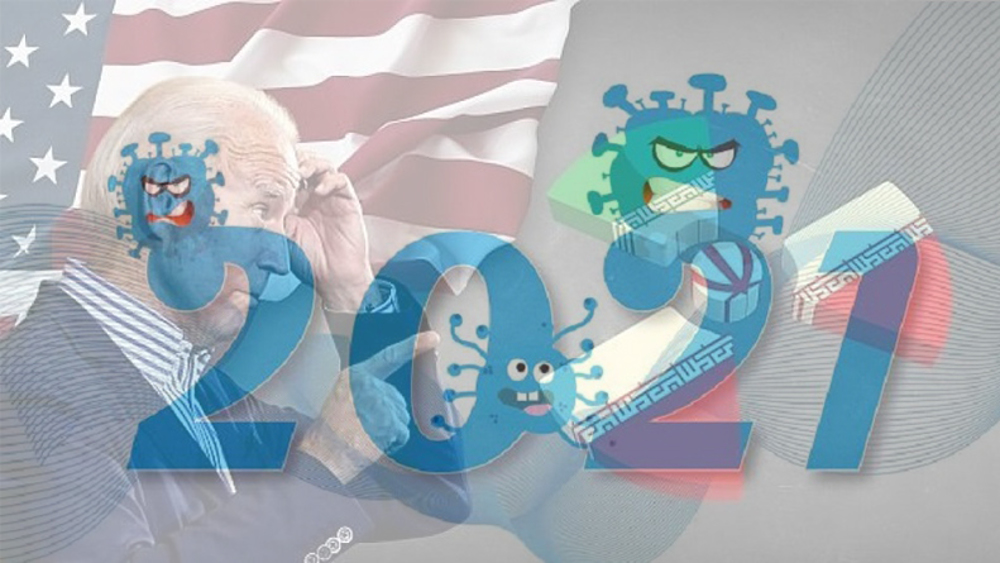
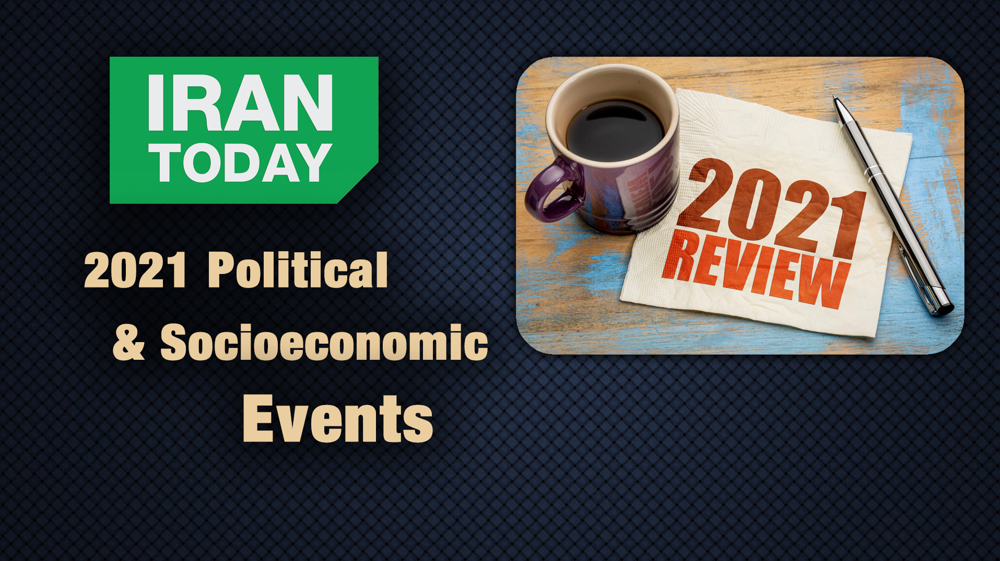
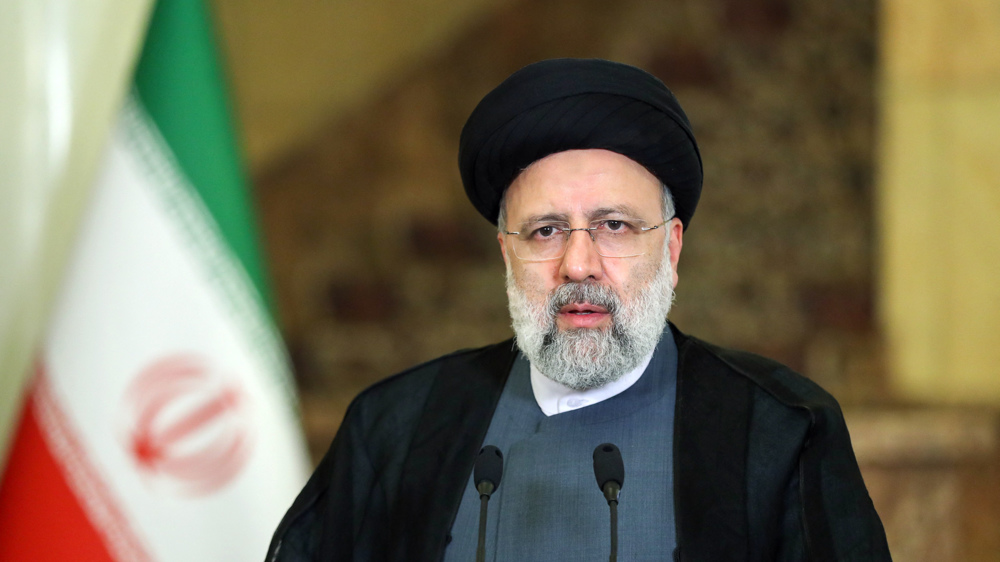
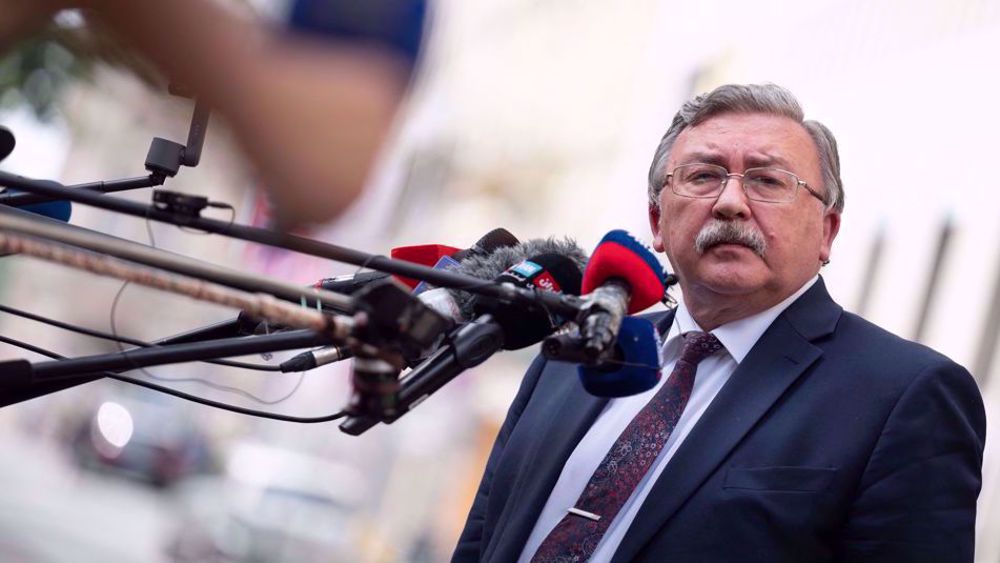
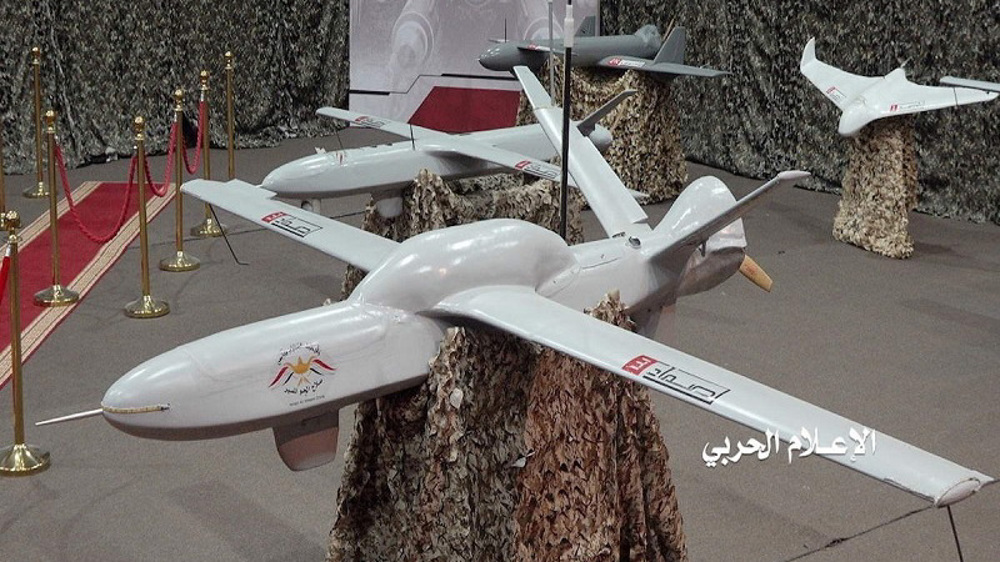
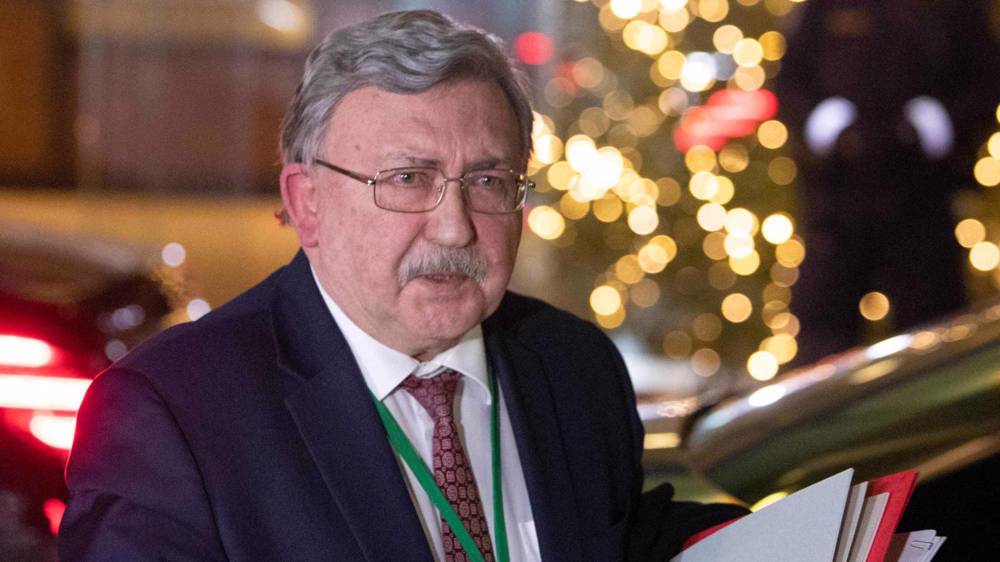
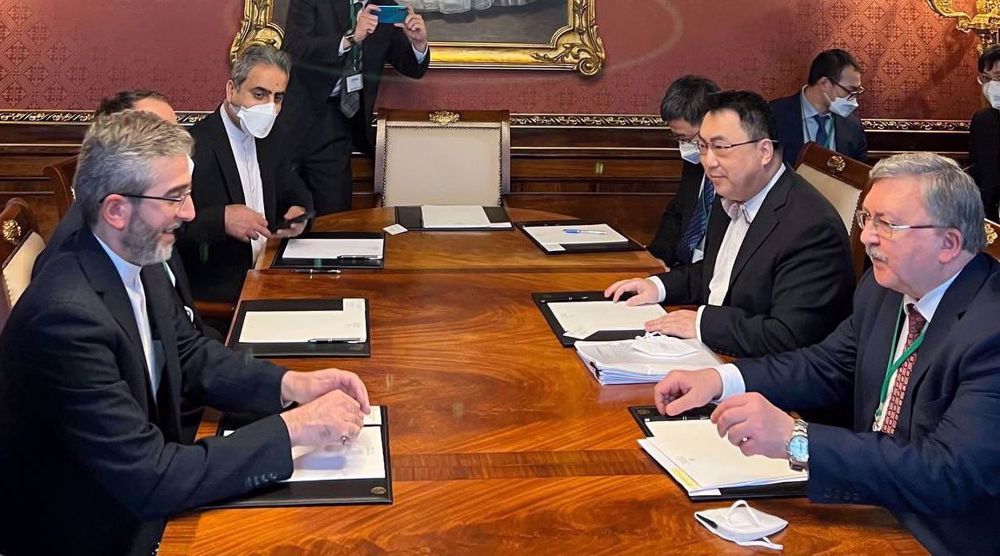
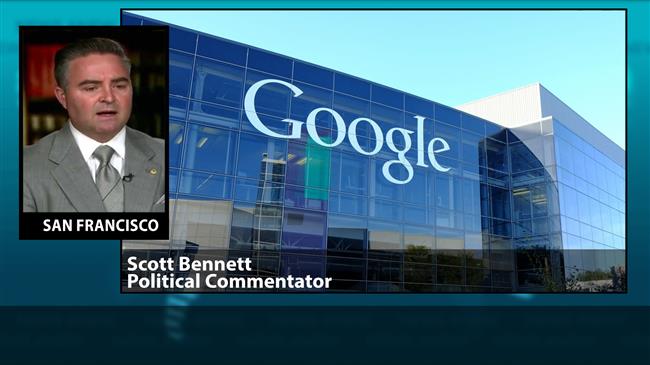
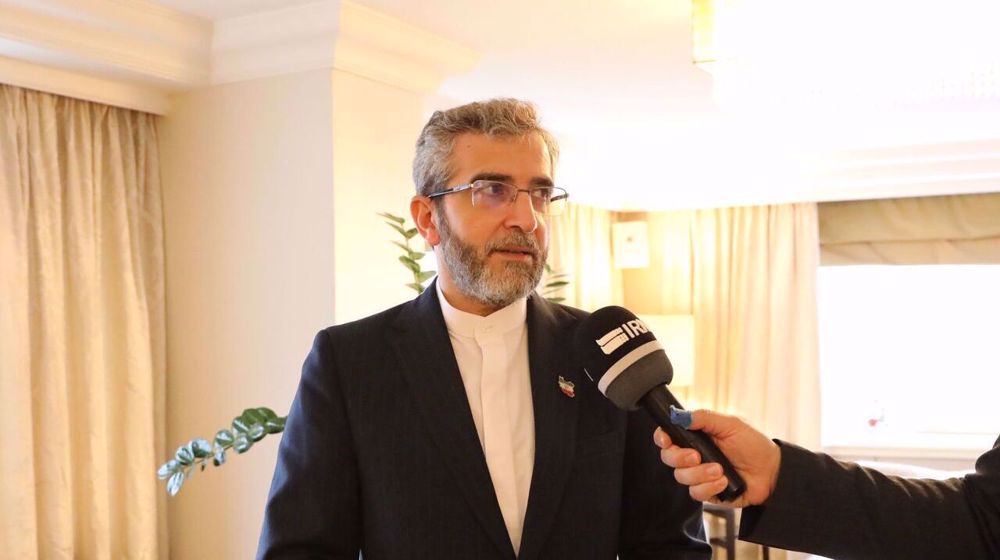
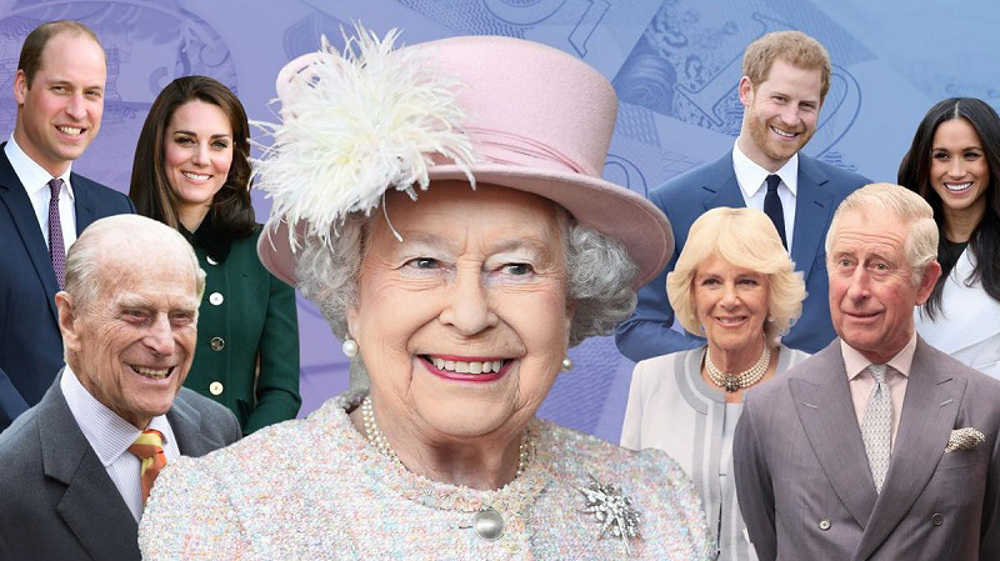
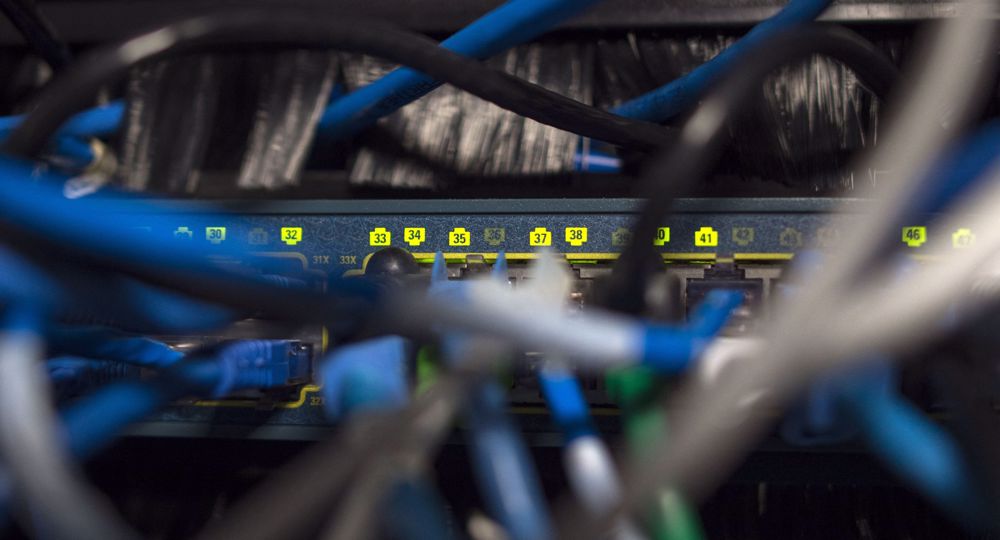
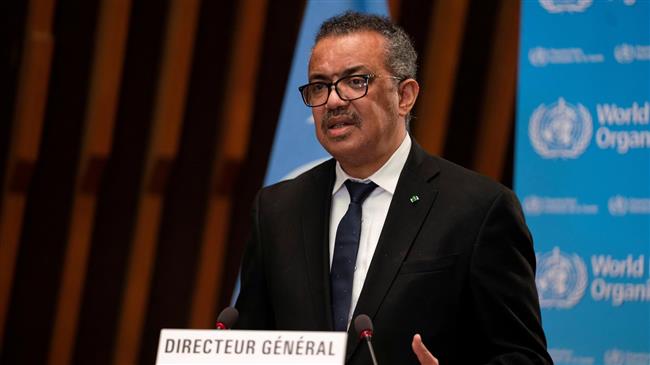
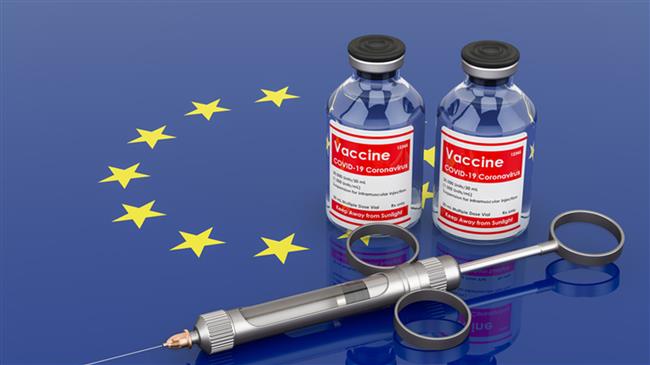
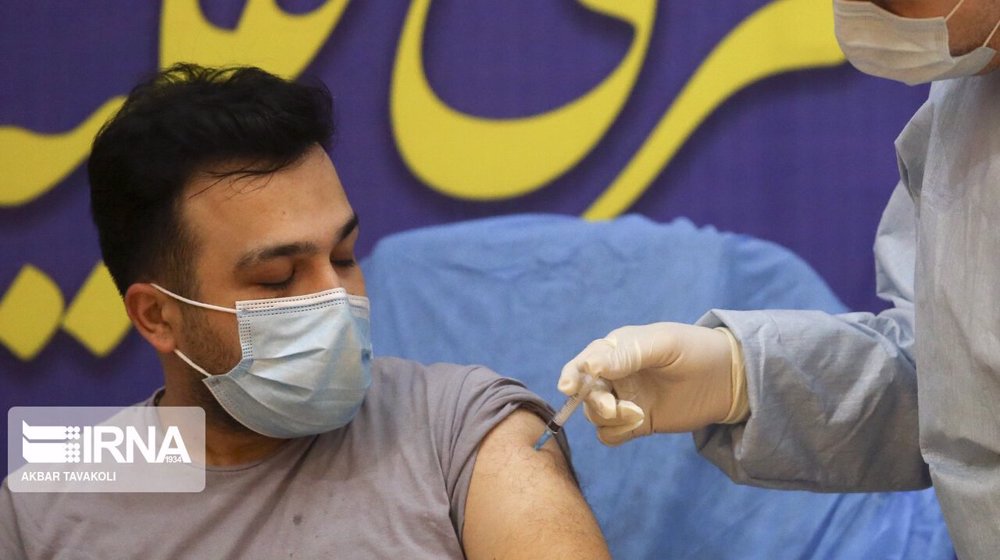
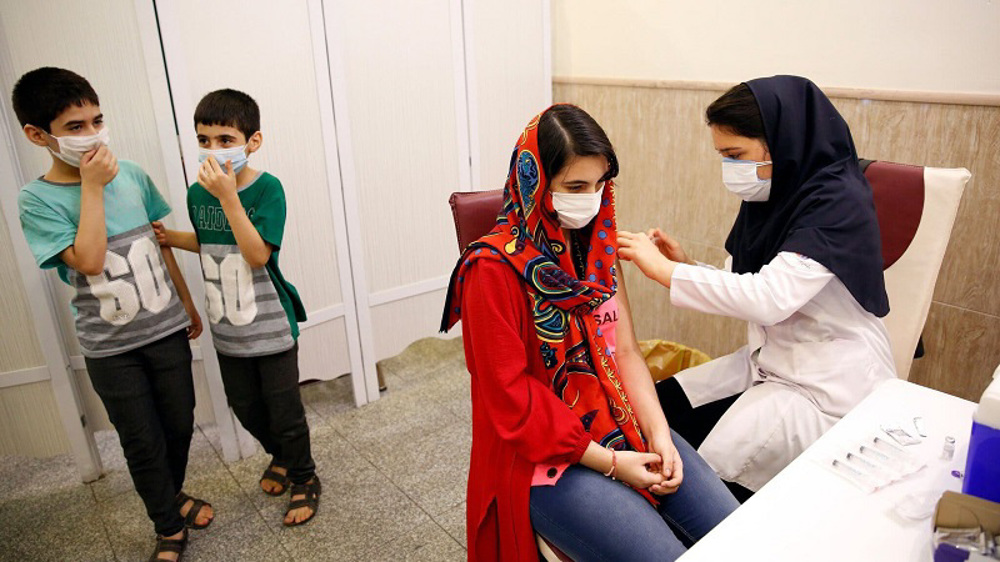
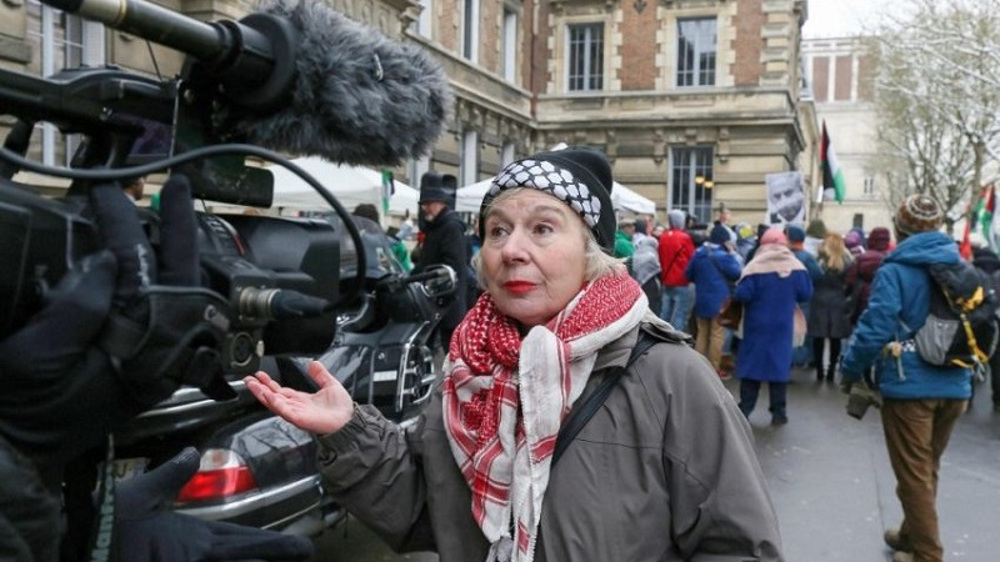
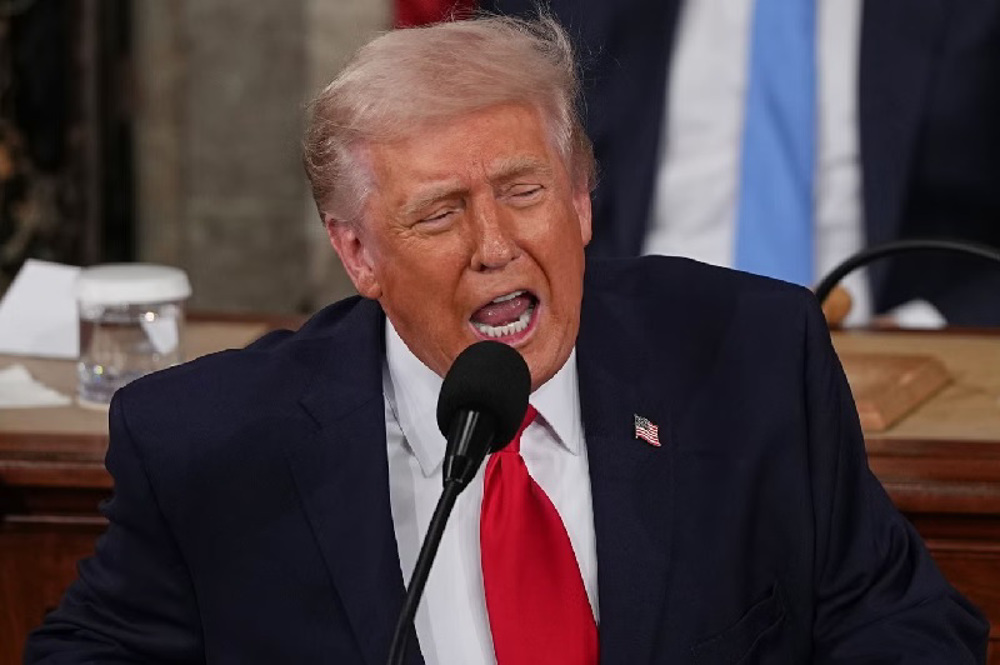
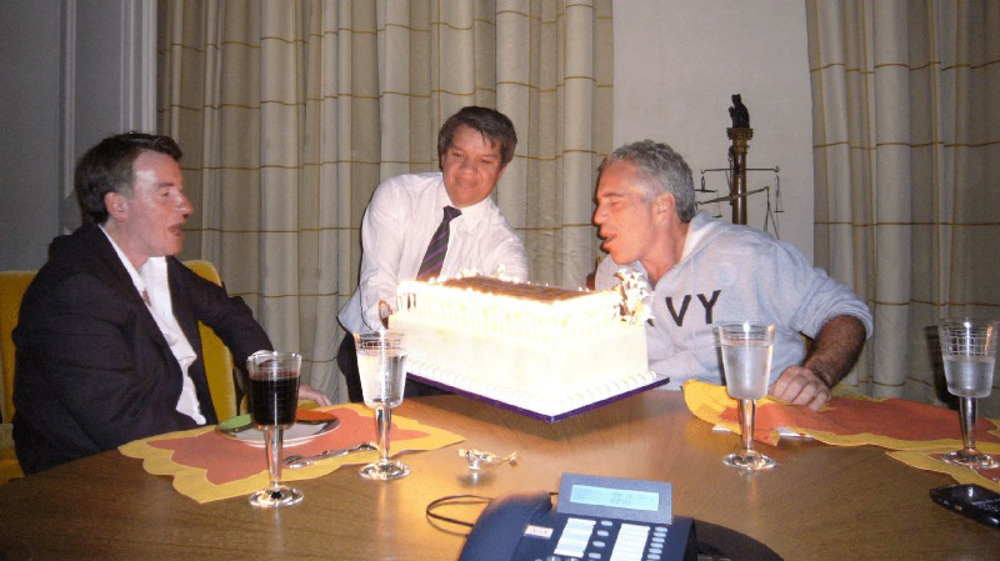



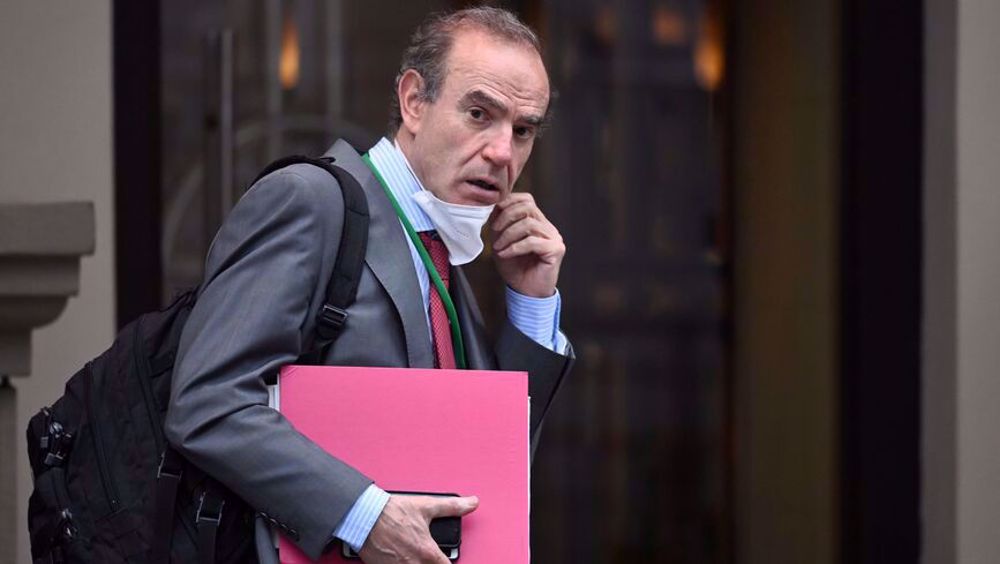
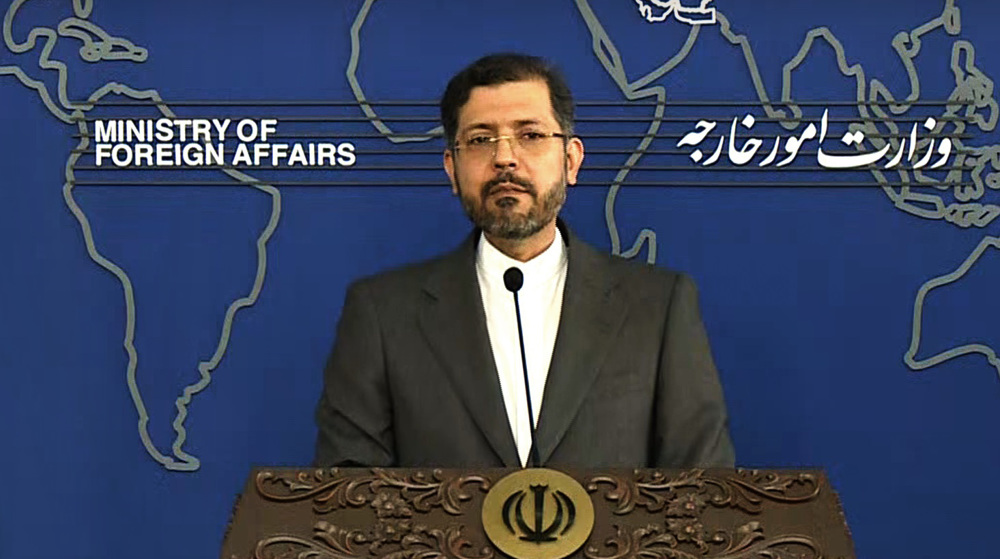
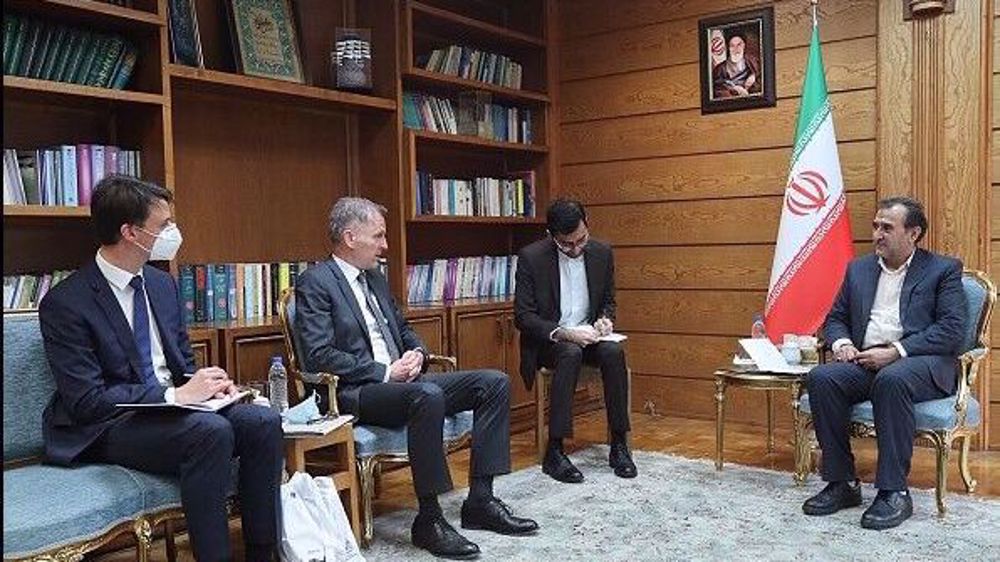
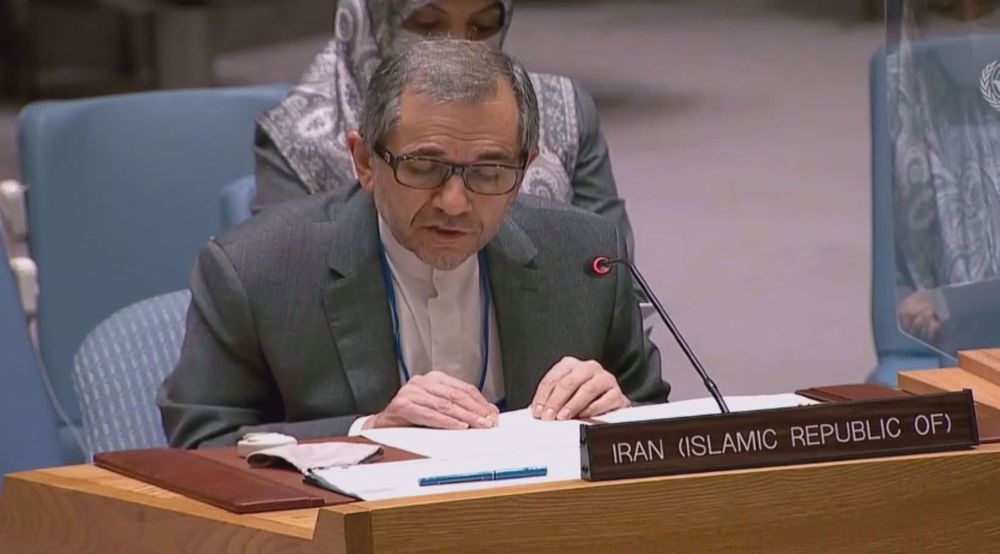
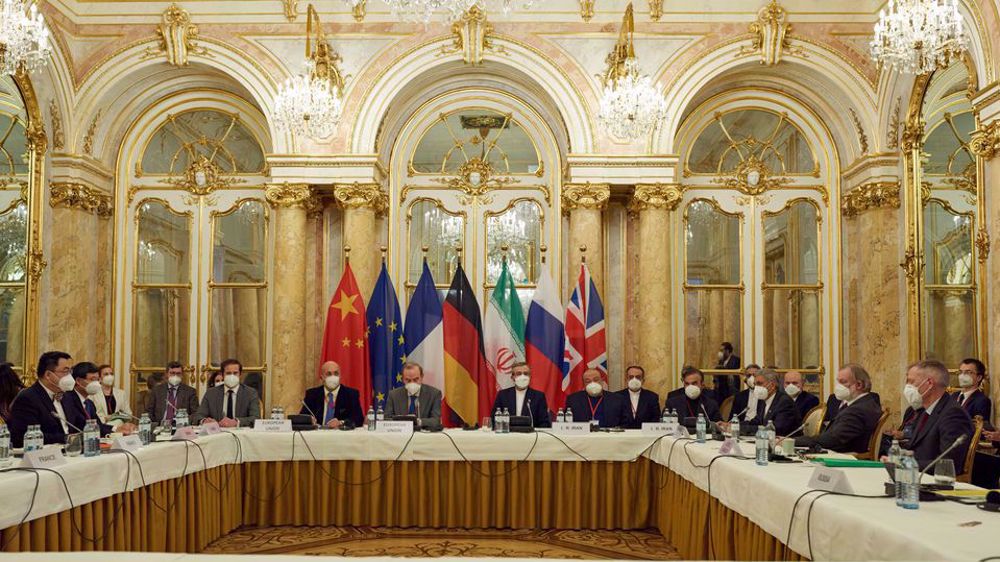

 This makes it easy to access the Press TV website
This makes it easy to access the Press TV website